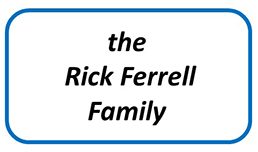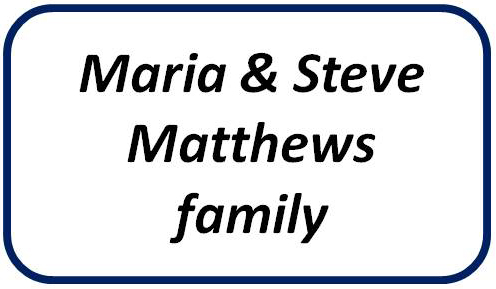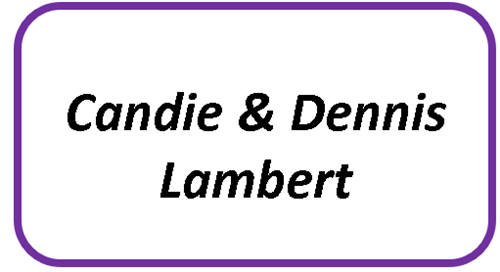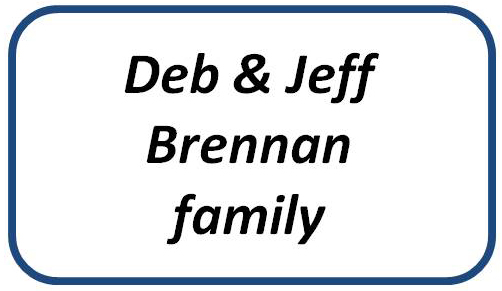Classification Talk
When a lawyer named Paul Harris, a coal dealer, a mining engineer, and a merchant tailor first met in l905 in Chicago, they gave birth to Rotary and, by the nature of their diverse occupations, to the association’s most distinctive feature – the classification principle. Today, the classification principle, though modified, remains a cornerstone of Rotary. Upon joining Rotary, you are lent a classification by the Board of Directors to reflect your occupation or primary source of income.
By limiting active membership by classifications, each club becomes a cross-section of the business and professional life of the community it serves. Also, the classification principle makes sure that no one profession or business becomes the dominant force within the club.
Another benefit of the classification system is that representatives of many fields are brought together, providing the opportunity for Rotarians to broaden their knowledge of the contemporary workplace. This, in turn, enables Rotarians to fulfill one of the basic obligations of vocational service – recognizing the worthiness to society of all useful occupations.
A way to share information about your vocation is to give a classification talk at a club meeting.
(Picture - Jeff Pratt's Classification Talk August 3, 2011)
Download the website sponsorship guide















